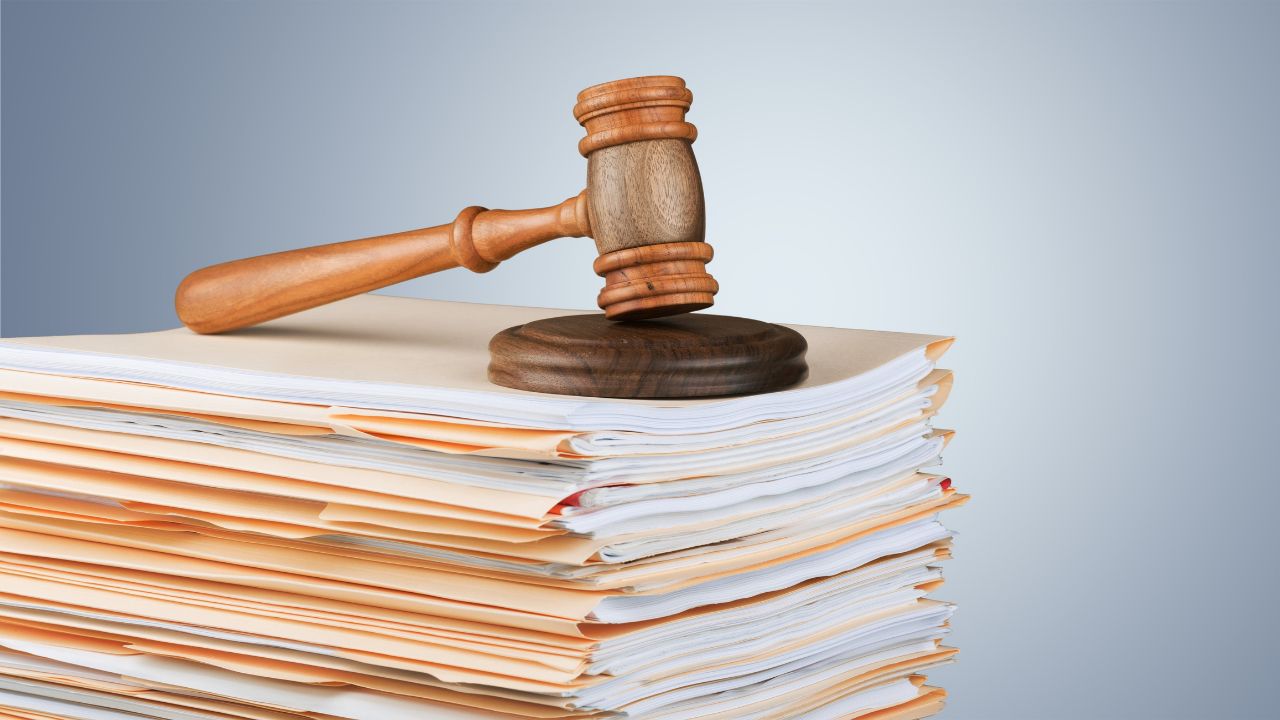Process servers find and serve legal documents, or papers, to a particular person or entity. They are allowed to serve “process” at any time of day or night – unlike most other types of process servers, which are limited to specific hours.
What are Process Servers?
Process servers are the people who are responsible for serving civil documents like lawsuits, subpoenas, complaints, and others. They specialize in locating and delivering court documents to hard-to-locate people (or entities).
They work legally and ethically to ensure that the person they deliver these legal documents to is the right person or entity.
Which are the rules for process servers?

There are some strict rules that process servers have to follow. If they don’t, they could be punished, held in contempt of court, or even face felony charges.
– Serving documents during inconvenient hours can get you into trouble. The serving must take place during a specific time frame.
– There is a limit to the number of documents a single person can serve on any one person in a given period. It means that while you can technically serve up to 10 legal papers per day while working with a process server, you must divide up into at least five different people (in case one or more fail to receive the papers).
– Before you pay for service, make sure you double-check your paperwork and make sure who is supposed to receive documents. After all, the court documents could end up in the wrong hands.
– You need to be careful about sharing information with anyone or anything about your case. Do not disclose your process server.
How to Become a Process Server?
Make sure you’re aware of all of their legal rights and responsibilities and the punishments they might face if they break any of the rules listed above.
Find out whether you qualify for this job. There are several things that process servers must possess before they can apply for service.
– They must be at least 18 years old (or 16 years old if working under their parent’s supervision).
– They must be U.S. citizens or permanent residents (Green Card-holders).
– They must have no felony convictions or outstanding warrants/jail time.
– They must not be on probation or parole at the time they’re applying to become a process server.
– They must not have any pending charges against them that could prevent them from completing their duties as a process server (such as violations related to illegal drugs).
– They must not have an alcohol/drug addiction problem.
Final Words
The process serving industry is an important one. Process servers act as officers of the court and uphold the law by carrying out their duties.
When serving people with civil cases like divorce proceedings or property distribution, it would be best to use business-like Austin Process servers.


